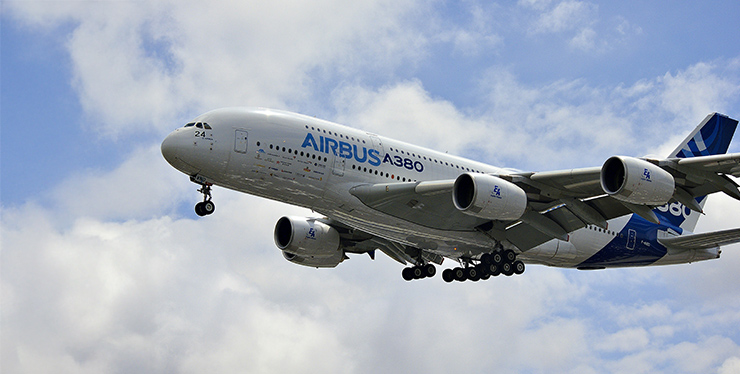Amazon is disrupting the book market, but differently than you might think
Michael Omer, an Israeli writer, was unsuccessful in getting his fantasy books published by traditional publishers in his home market. In the meantime, Amazon entered the market and then, in 2007, launched its e-book strategy with Kindle e-reader, Kindle Store and the Kindle Direct Publishing (KDP) platform. With these features it aimed to provide as many books to as many readers as possible, with the e-book price capped at $9.99. This move triggered confrontations with traditional publishers and opened the way to competitors like Apple. Ultimately, Amazon had to give up by accepting the new agency model, designed by Apple, and returning control over prices to publishers. At the same time, Amazon tried to hold leadership in the book and e-book market by decreasing the price of e-readers, issuing free reader applications, improving terms for self-publishers in KDP, introducing a new subscription model for readers, and establishing publishing units. Amazon was blamed for decreasing a book’s value; but it was also praised for destroying the hegemony of publishers. Mike had to learn how to promote his own books in the self-publishing ecosystem and how to approach other genres. In the end, he became one of the best-selling writers at Amazon KDP, with a mystery book that sold more than 100,000 copies. Success in KDP helped Mike establish a good relationship with Thomas & Mercer, one of Amazon’s proprietary publishers, and to achieve even greater success in both written and audiobooks.
- Understand the value of traditional and electronic books; the traditional and self-publishing book publishing process; and how KDP creates value via concepts such as customer journey, value constellation, value-based marketing and attributes-benefits-values
- Insights into pricing, price elasticity and price discrimination can be gained by analyzing the price war between Amazon and traditional publishers
- Gain and understanding of a digital platform
1994 – 2020
Cranfield University
Wharley End Beds MK43 0JR, UK
Tel +44 (0)1234 750903
Email [email protected]
Harvard Business School Publishing
60 Harvard Way, Boston MA 02163, USA
Tel (800) 545-7685 Tel (617)-783-7600
Fax (617) 783-7666
Email [email protected]
NUCB Business School
1-3-1 Nishiki Naka
Nagoya Aichi, Japan 460-0003
Tel +81 52 20 38 111
Email [email protected]
IMD retains all proprietary interests in its case studies and notes. Without prior written permission, IMD cases and notes may not be reproduced, used, translated, included in books or other publications, distributed in any form or by any means, stored in a database or in other retrieval systems. For additional copyright information related to case studies, please contact Case Services.
Research Information & Knowledge Hub for additional information on IMD publications
In late 2023, when the management team at the consumer packaged goods company Reckitt considered adopting gen AI, potential use cases spanned the business—from drafting presentations to delivering customer support to optimizing procurement contrac...

European innovation can be a force for resilience, transformation and global leadership. And yet it is often overlooked due to the geographical bloc’s fragmented markets, risk-averse culture, regulatory complexity and limited access to growth capi...
The case examines how DNB Bank, Norway's largest financial services company, reshaped its growth strategy by focusing on startups and SMEs, a segment traditionally considered unprofitable. In 2013, DNB launched a bold SME strategy, deliberately ch...
The World Economic Forum’s Global Cybersecurity Outlook 2024 notes that 91% of business leaders believe a catastrophic cyber event is at least somewhat likely in the next two years. In 2023 alone, the global average cost of a single data breach re...
This case series explores what companies can learn from luxury brands without becoming luxury brands themselves. The video B case features interviews with three Vanzetti Engineering executives: the marketing director, the CEO and owner and the chi...
in Harvard Business Review November-December 2025, vol. 103, issue 6, pp. 90-99
Research Information & Knowledge Hub for additional information on IMD publications
in I by IMD
Research Information & Knowledge Hub for additional information on IMD publications
Research Information & Knowledge Hub for additional information on IMD publications
Research Information & Knowledge Hub for additional information on IMD publications
Research Information & Knowledge Hub for additional information on IMD publications
Research Information & Knowledge Hub for additional information on IMD publications
Research Information & Knowledge Hub for additional information on IMD publications
Research Information & Knowledge Hub for additional information on IMD publications
Research Information & Knowledge Hub for additional information on IMD publications
Research Information & Knowledge Hub for additional information on IMD publications





